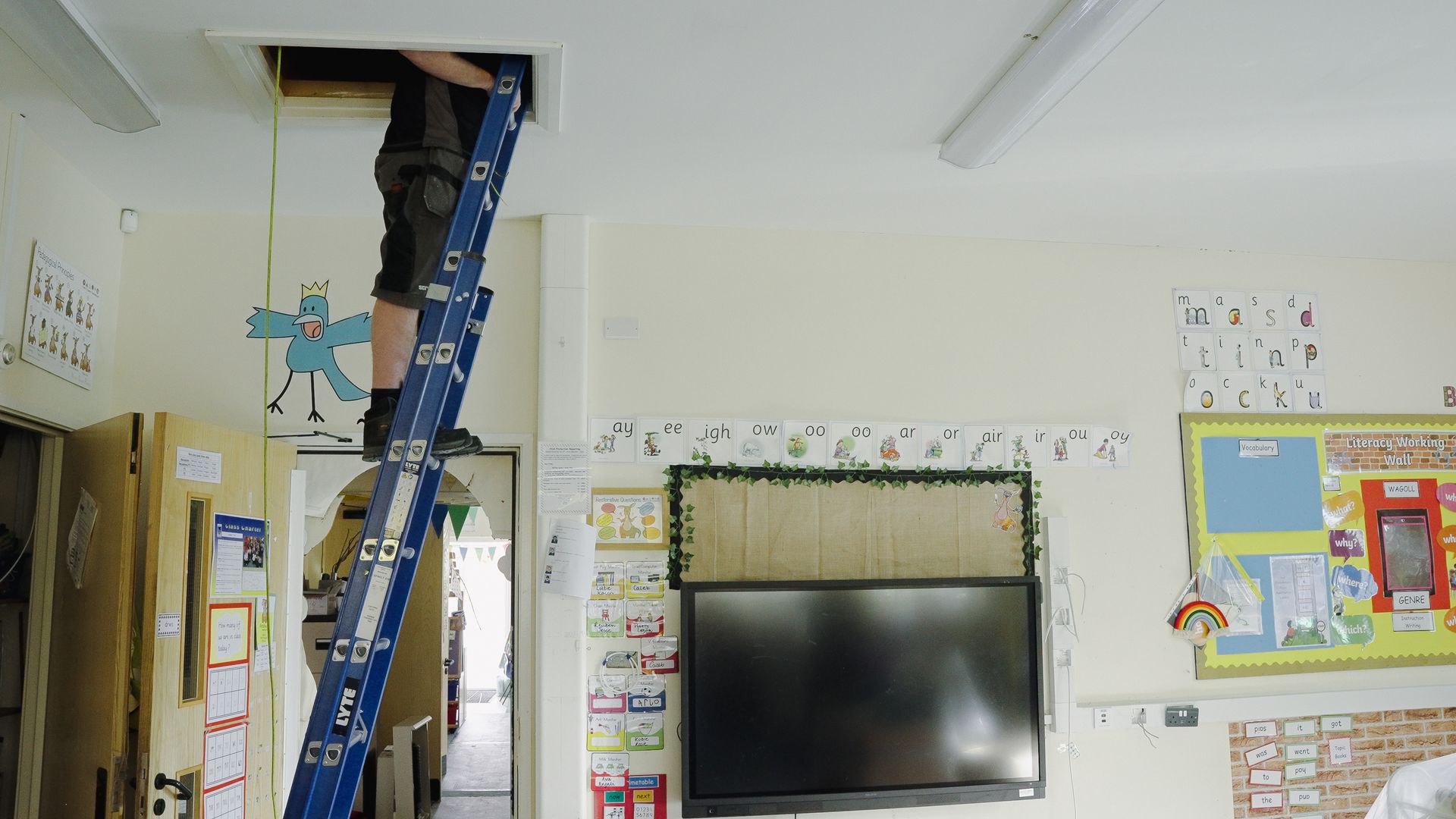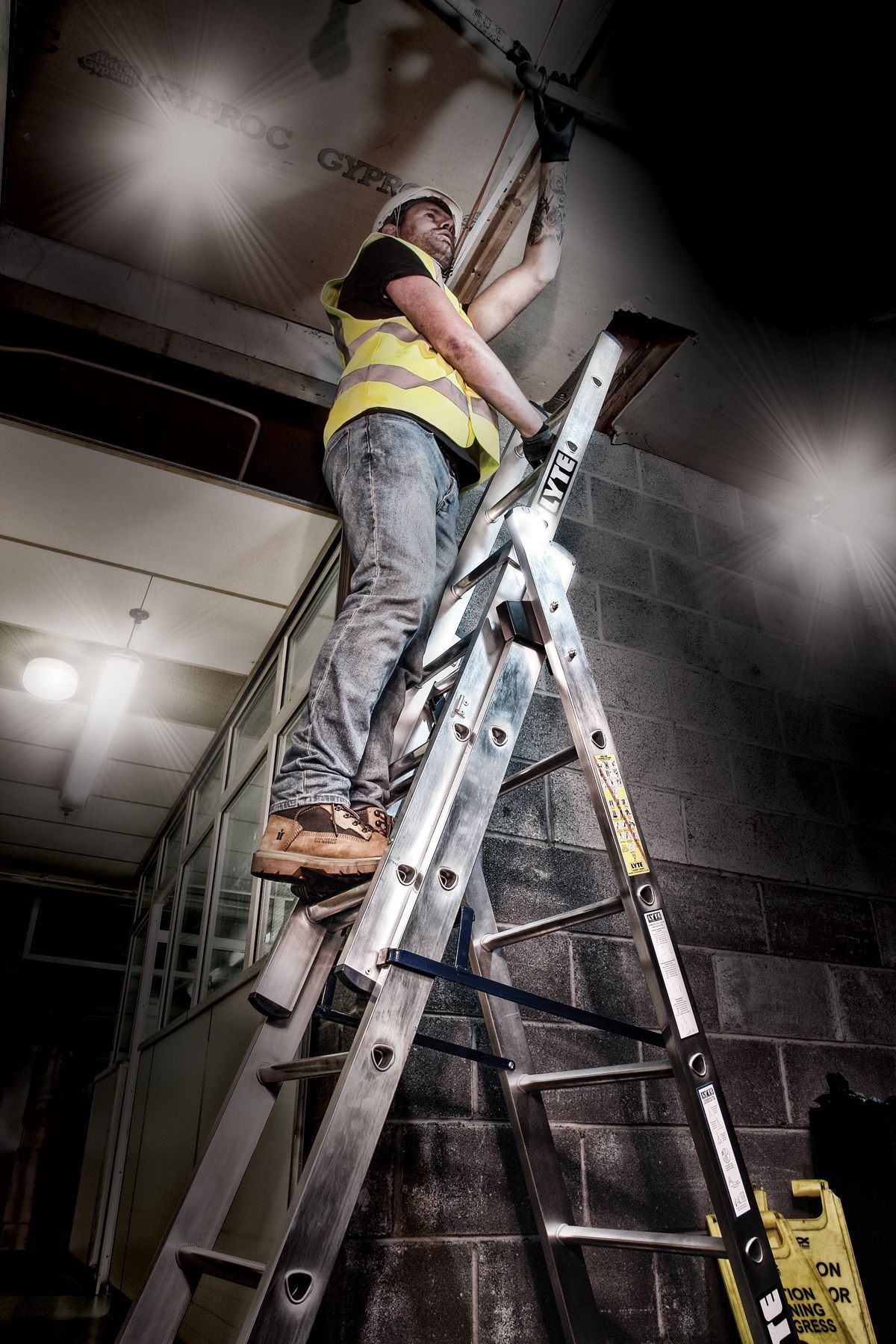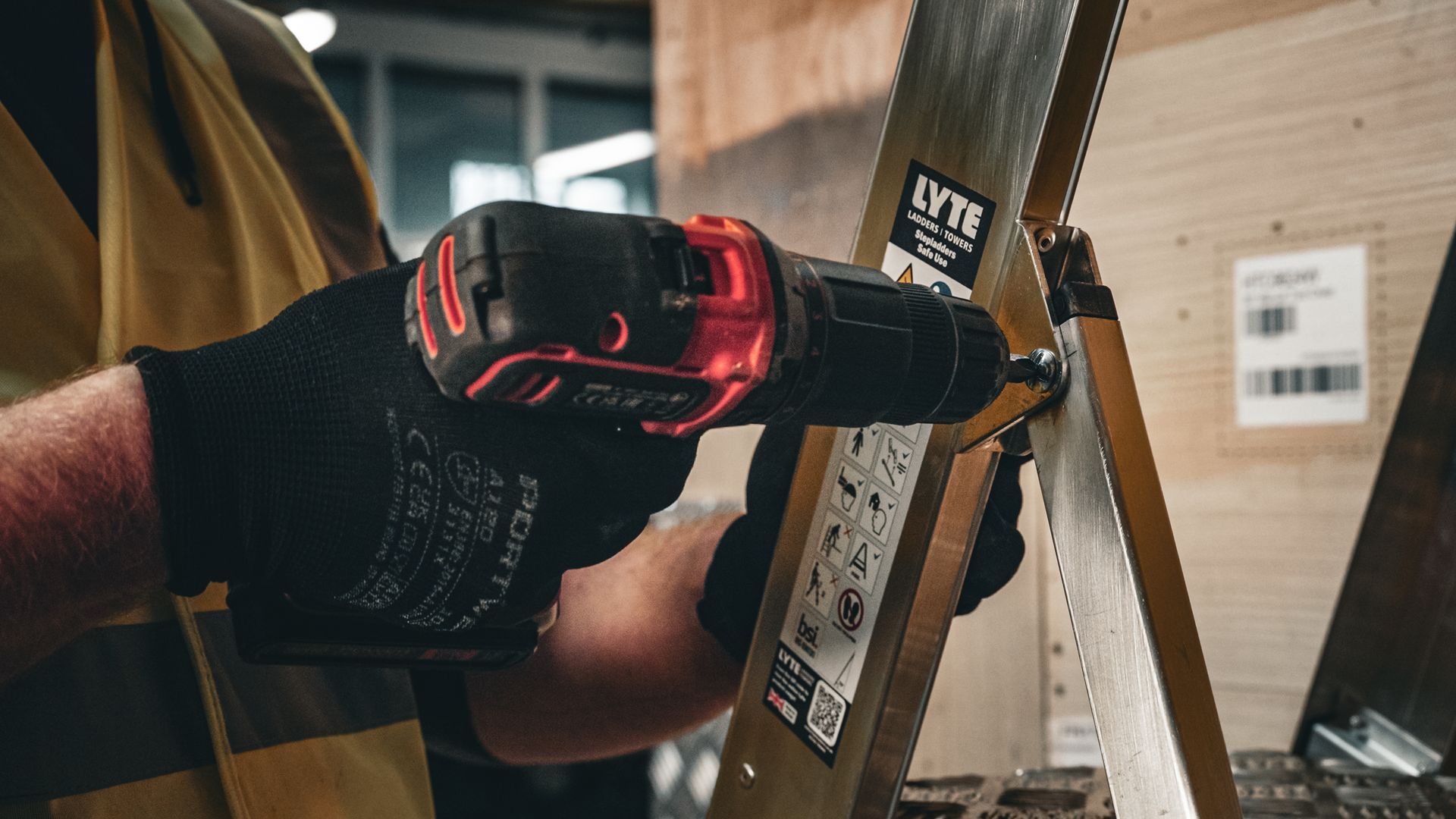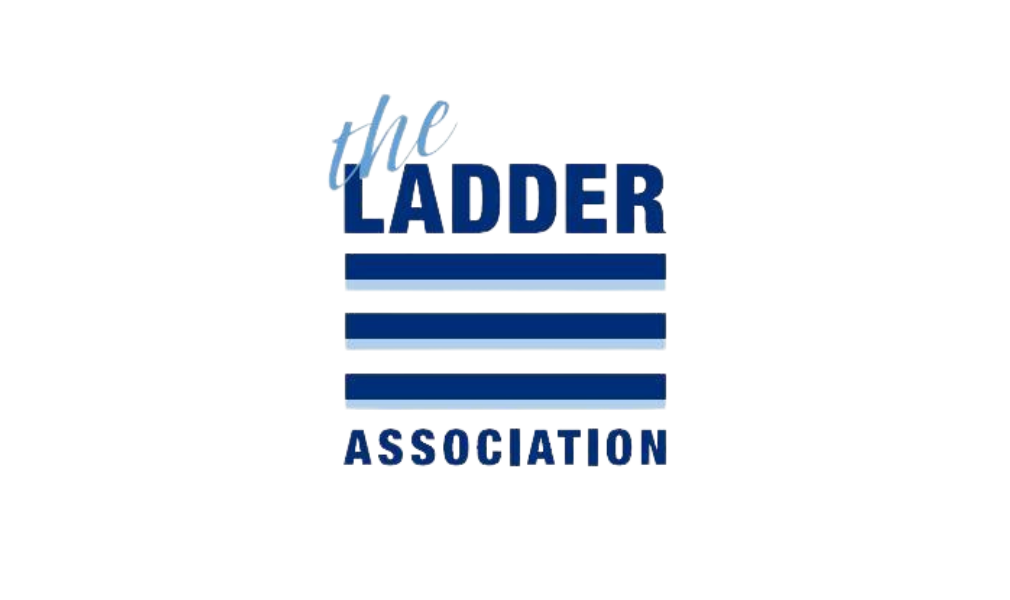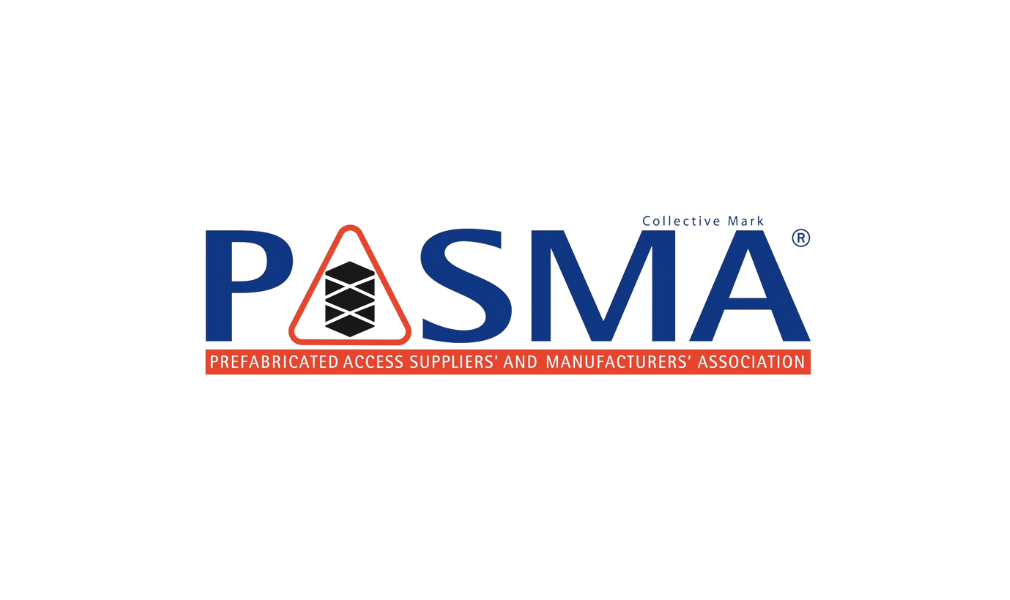The Best Ladders for Electricians - Safety First with Fibreglass
When it comes to electrical work, you need to consider more than just the working height of your ladder to ensure safety. Whether you’re installing lighting, maintaining telecoms equipment, or wiring a building, the ladder you use can make all the difference.
At Lyte Ladders & Towers, we’ve been supporting trade professionals for over 75 years. Here’s our expert guide to the best ladders for electricians, and when to use them.
Why Electricians Need Fibreglass Ladders
Unlike aluminium, fibre glass (also known as glassfibre or GRP) stiles are non-conductive, making them the safest option when working near electricity. They also perform well outdoors, as they won’t corrode in damp conditions.
✅ Non-conductive - Protects against electric shock risks
✅ Complies with EN131 Professional safety standards
✅ Built for daily use on site
The Best Ladder Types for Electricians
Swingback Step Ladders
Best for: Quick indoor jobs like wiring sockets or installing light fittings.
- Lightweight and portable
- Compact for small spaces
- EN131 Professional rated
👉 NGFBBM – MagnaStep Glassfibre Swingback Steps
Platform Step Ladders
Best for: Longer tasks such as panel work, lighting arrays, or installing trunking.
- Larger standing surface reduces fatigue
- Knee rail for stability
- Optional handrail for extra safety
👉 NGFBPM – MagnaStep Glassfibre Platform Steps
Fully Enclosed Platform Steps
Best for: Facilities, M&E, or electrical contractors working on longer-duration tasks.
- Enclosed 360° platform with folding safety gate
- Helps meet HSE guidance for jobs taking longer than a few minutes
- Safer alternative to swingback step ladders in compliance-focused sectors
👉 NYFWPM - MagnaStep Glassfibre Widestep
👉 MLG - MultiLyte Telescopic Platform
Combination Ladders
Best for: Stairwells, corridors, and jobs where flexibility is key.
- 4-in-1: Can be used as a step ladder, step ladder with extended reach, extension ladder, or in stairwell ladder
- Great for varied tasks across different environments
- Certified EN131 Professional for electrical safety
👉 GFLCL - Glassfibre Professional Combination Ladder
Extension Ladders
Best for: Outdoor or commercial site work where greater reach is needed, such as overhead cabling, tall lighting systems, and external installations.
- Provides higher working height than a combination ladder
- Wide stabiliser bar ensures stability at height
- Simple to set up for quick access
👉 GFNELT - Glassfibre Professional Extension Ladders
👉 Telecoms Ladder: Specifically designed for safe use with telecoms poles, due to added features, such as the “butterfly rung”.
Quick Safety Checklist for Electricians Using Ladders
✅ Always carry out a pre-use check (stiles, rungs, feet, locking mechanisms).
✅ Choose the right ladder height, avoid over-reaching.
✅ Position the ladder on firm, level ground.
✅ Never work from the top 3 treads of a step ladder unless it has a platform with knee rail.
✅ Keep three points of contact where possible.
✅ Use tool trays or belts to avoid carrying equipment in your hands.
FAQs: Best Ladders for Electricians
Q: Why do electricians use fibreglass ladders?
A: Fibreglass is non-conductive, reducing the risk of electric shock. It also meets EN131 Professional standards for workplace safety.
Q: Are aluminium ladders safe for electrical work?
A: Aluminium ladders conduct electricity and are not recommended for live electrical environments. Electricians should always use fibreglass.
Q: What’s better for electricians: a combination ladder or extension ladder?
A: Combination ladders offer flexibility in stairwells and are suitable for a variety of tasks. Extension ladders provide greater reach for external or high-level work. The right choice depends on your task.
Q: What ladder regulations apply to electricians in the UK?
A: Ladders must comply with EN131 Professional, and use should follow HSE Work at Height Regulations.
Why Choose Lyte?
✅ Made in the UK at our Swansea factory, with rigorous in-house testing to provide the highest quality
✅ Manufactured with recycled low-carbon aluminium 4.0 treads and rungs
✅ Repairable designs (e.g. MagnaStep bolted steps) for longer product life
✅ Supporting UK trades for over 75 years
Choosing Safe, Reliable Electrician's Ladders
Electricians need equipment they can rely on and ladders that keep them safe while working near live electrics, in tight stairwells, or on long jobs in commercial buildings. That’s why fibre glass (glassfibre / GRP) step ladders, combination ladders, and extension ladders are the go-to choice for professionals in the trade.
👉 Read more about the non-conductive nature of fibre glass ladders here: Understanding the Non-Conductive Nature of Glassfibre Ladders
